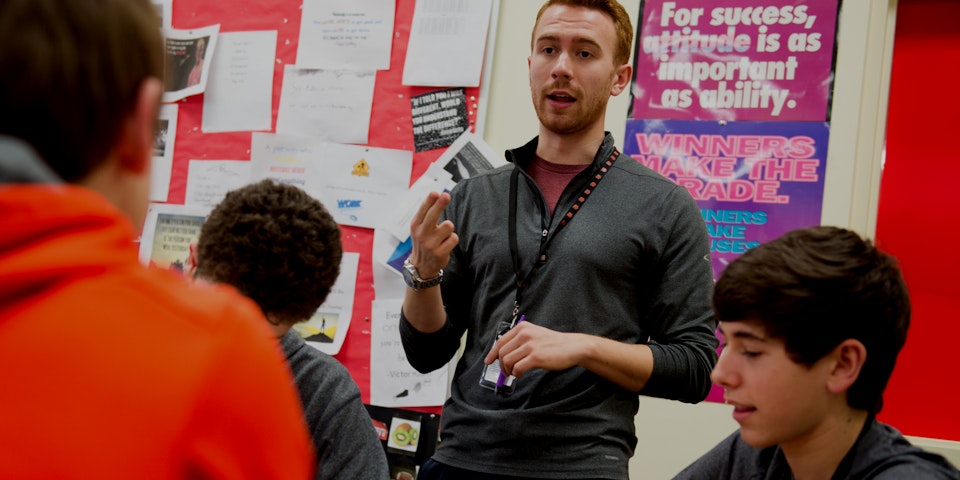The Illinois Alliance of
Administrators of Special Education (IAASE) is awarding up to eight mini-grants
to encourage the implementation of innovative practices in education. The
project must focus on the implementation of one of the following innovative
practices in the areas of assessment, instruction, or service delivery:
Assessment
·
Curriculum Based Evaluation (CBE)Curriculum Based Measurement
(CBM)
·
Interview and/or Observation Method
·
Performance Based Assessment
·
Skill Probes
·
Rubrics
Instruction
·
Cooperative Learning/Peer-Mediated Learning
·
Differentiated Instruction
·
Direct Instruction
·
Innovative Teaching Practices
·
Problem-Based Learning
·
Understanding By Design
·
Universal Design
·
Multi-Sensory Instruction
Service Delivery Method
·
Inclusion
·
Integrated System
·
Learning Communities
·
Response to Intervention Model/Multi-Tiered System of Supports
·
Trauma Informed Practices
Who Can Apply?
The principle applicant must
be a staff member from a local district, special education cooperative, or a
university. The principle applicant must be an IAASE member or sponsored by an
IAASE member. Applicant partners/team members may include parents, individuals
from local districts, special education cooperatives, universities, and/or
community agencies. The project must directly impact students in schools.
What Are the Project
Requirements?
The mini-grants are offered
to encourage the implementation of innovative practices within the school
setting. The project must be completed within the school year the mini-grant is
awarded. The project must make a positive contribution to a classroom, program,
or district. All proposals are required to address how the project will
continue after mini-grant funding. Collaboration with university staff,
community agencies, general education, special education, parents, and support
staff is encouraged.
The principle
applicant/contact person must be able to receive calls and correspondence
related to the mini-grant.
Evaluation
A committee composed of the
IAASE Innovations Committee members and the IAASE President Elect will evaluate
proposals.
Funding
Up to eight
mini-grant proposals will be funded.
Mini-grants may be funded up to a maximum of $1,200. All funds must be used to support the
activities outlined in the proposal.
Funds may be utilized to purchase materials, training, consultants, or
staff time necessary to implement the project. Funds may not be utilized to
perform any established responsibility of the program or district. Funds may not be used to purchase gift cards
or supplies provided by the program or district. Funds will be disbursed
through a reimbursement process upon receipt of the final report. The final report must include a summary of
the project, a description of the outcomes of the project, and data supporting
the outcomes. All mini-grant
expenditures require documentation with original receipts and itemization. They must be submitted with the final report
by June 15, 2020. Final payment will
not be disbursed until a completed final report is received.
Timelines
Proposals
must be received by 4:00 pm on November 15, 2019. An IAASE Committee will evaluate
proposals. All applicants will be
notified by email by December 9, 2019. Provide a midterm progress update by March 27, 2020 and final report by June 15,
2020. All funds related to the
project must be expended by June 1, 2020.
Submission
Proposals may be submitted
via internet or through the mail. No faxed copies will be accepted. All
proposals must include a cover page and a description of the project utilizing
the outline provided in the call for proposals.
Proposals must be submitted to:
Illinois Alliance of Administrators of Special Education
Attention: Norma Gerrish,
Administrative Assistant
1324 Lantern Lights Circle
Lebanon, Illinois 62254
Phone: 618-622-8800
For
additional information please click here for descriptions
and directions for submitting an application for an IAASE Mini-Grant.



